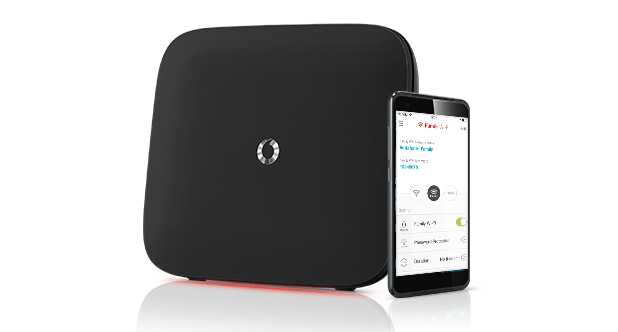Broadband is virtually essential nowadays for use in business and household settings, and as far as most people are concerned it beats dial-up hands down. Whilst we are all becoming more savvy and getting to grips with the lingo, broadband can still be a bit of a nightmare to navigate through for the first time buyer, or even the experienced user who can still find things a bit confusing. Here we’ve compiled a brief glossary of the terms you can expect to encounter in your journey into the world of broadband.
ADSL – (Asymmetric Digital Subscriber Line) A form of broadband connection that operates through a traditional phoneline without jeopardising the quality or usability of the phoneline for telephone calls. This means you can share a line and surf the net whilst talking to friends.
Bandwidth – The rate at which information can be shared across a network – more bandwidth equates to the ability to share more information at the same time. Generally, you will pay for a set amount of bandwidth although some providers offer so-called ‘unlimited’ packages
Dynamic IP Address – A different unique address assigned to a computer every time it logs on to the Internet, that enables your particular computer to be identified at any given time.
Firewall – a software application that stops hackers and foreign bodies from accessing files on your computer and providers all round protection to your network.
Hotspot – an area in which wireless broadband can be accessed for free, or on a paid basis. These are often found in hotels or cafes.
ISP – (Internet Service Provider) The company that provides your broadband service and to whom you pay your monthly bill.
Kbps – (Kilobits per second) A way to measure bandwidth, in thousands of bits per second.
LAN – (Local Area Network) A network of nearby computers sharing one singular internet connection.
Mbps – (Megabits per second) A way to measure bandwidth in millions of bits per second – like Kbps, but larger.
Router – Allows multiple computers to be hooked up to one another to share information, as well as an Internet connection. Can be wireless also, and many broadband providers will include a router free of charge when you sign up for certain contract terms.
VOIP – (Voice Over Internet Protocol) A technology that allows telephone communications to take place over a digital phone line for enhanced quality and at a lower cost than traditional phone services.
This is by no means an exhaustive list of the technical jargon you’re likely to encounter. Unfortunately for you, this is only the beginning. However, provided you do your homework and research the market a bit, you should get a feeling for which type of service provides you with the best level of service at the best price, without getting too confused as to the intricacies of broadband technology.


